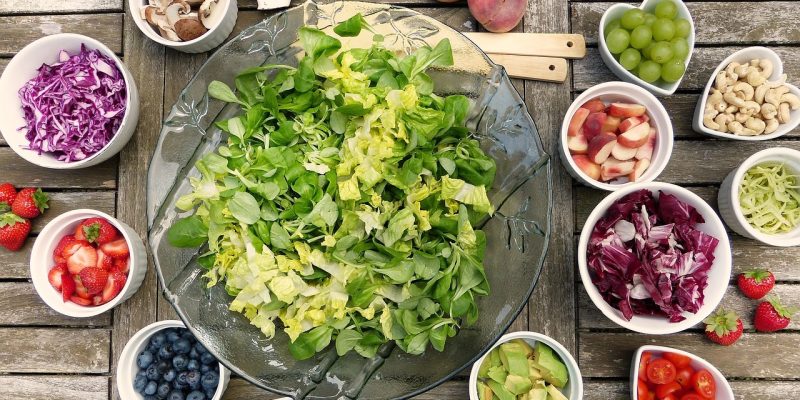Many individuals are turning to veganism in the quest for a healthier lifestyle. As plant-based diets gain popularity, so does the need for proper nutrition. Enter vegan multivitamins, the go-to solution for fulfilling nutritional requirements in a vegan lifestyle. However, like any trending topic, myths and misconceptions abound. Let’s unravel the truth behind these supplements and separate fact from fiction.
Myth #1: Vegans Don’t Need Supplements
One common misconception is that a well-planned vegan diet can provide all the necessary nutrients. While it is true that a plant-based diet can offer a plethora of vitamins and minerals, you can find certain essentials like B12, iron, and omega-3 fatty acids in animal products. Enter the organically made vegan multivitamin designed to fill these nutritional gaps. Contrary to the belief that vegans can thrive on plants alone, these supplements act as a safety net to ensure a well-rounded intake of vital nutrients.
Myth #2: All Multivitamins Are Created Equal
Not all multivitamins are born from the same mold. Some are crafted from animal-derived ingredients, defeating the purpose of those committed to a vegan lifestyle. Vegan multivitamins, on the other hand, are conscientiously formulated with plant-based sources. From Vitamin D2 sources from lichen to omega-3 fatty acids derived from algae, these supplements leave no room for animal by-products. So, if you opt for a vegan multivitamin, ensure it proudly bears the organic label to ensure it aligns with your ethical choices.
Myth #3: Vegan Multivitamins Lack Essential Nutrients
Another misconception is that vegan multivitamins fall short of delivering the essential nutrients found in their non-vegan counterparts, and this couldn’t be further from the truth. Reputable vegan multivitamins provide a comprehensive range of vitamins and minerals, ensuring that vegans do not miss crucial nutrients. From iron and calcium to B12 and zinc, these supplements cover all the nutritional bases, allowing you to thrive on a plant-based diet.
Myth #4: Whole Foods Are Superior To Supplements
While whole foods should undoubtedly be the foundation of any healthy diet, the reality is that modern lifestyles often make it challenging to meet all nutritional requirements solely through food. Here, vegan multivitamins come as a practical solution. These supplements complement your diet, filling in the nutritional gaps that might be challenging to address through whole foods alone. Think of them as your nutritional safety net, ensuring you don’t miss out on vital elements your body needs to function optimally.
Myth #5: Vegan Multivitamins Are Expensive
A prevailing belief is that opting for such multivitamins will burn a hole in your pocket. However, the reality is quite the opposite. With the growing popularity of plant-based lifestyles, the market for vegan supplements has become more competitive. Plenty of in-budget options are available in the market, catering to every budget and making it accessible for individuals from all walks of life to add these supplements into their daily routines. Investing in your health doesn’t have to break the bank, and finding a reasonably priced vegan multivitamin is easier than you think.
Myth #6: Vegan Multivitamins Cause Overdose
Concerns about vitamin overdose are not exclusive to vegan multivitamins, yet they are often associated with plant-based supplements. Importantly, reputable supplements are formulated with appropriate dosages, adhering to recommended daily allowances. As with any supplement, following the suggested serving sizes and consulting with a healthcare professional if you have specific health concerns is essential. When used responsibly, vegan multivitamins are a safe and effective way to support your nutritional needs.
Myth #7: Vegan Multivitamins Are Only For Hardcore Vegans
Some believe that vegan multivitamins are exclusively designed for hardcore vegans, overlooking their potential benefits for anyone pursuing a plant-centric diet. Whether you are a long-time vegan or just exploring and experimenting with your diet doesn’t matter. You can include these supplements to fulfill your daily nutritional needs. They provide a healthy and reliable source of essential nutrients, supporting your well-being.
Conclusion
Not eating meat or dairy products and consuming plant-based foods doesn’t mean you will fall short of your nutritional needs. You just need to plan your diet accordingly, and even after a well-planned diet, if anything is lacking, you can rely on vegan supplements. It will not hurt your budget but improve your overall health.













Comments